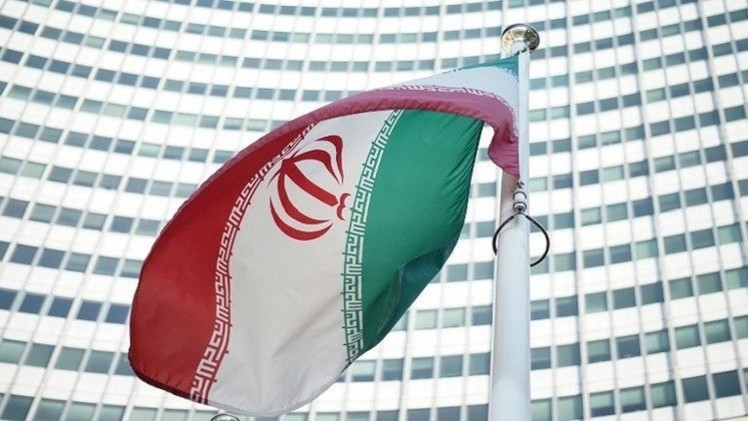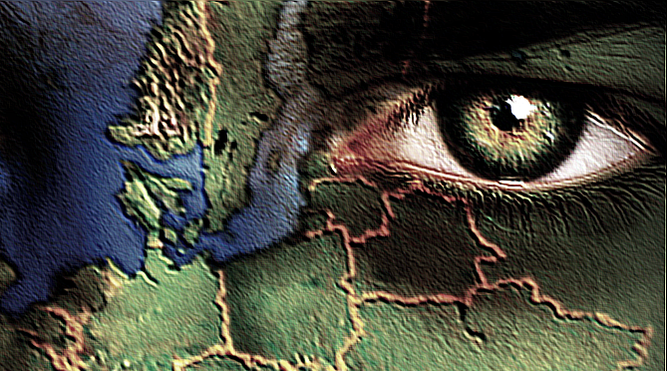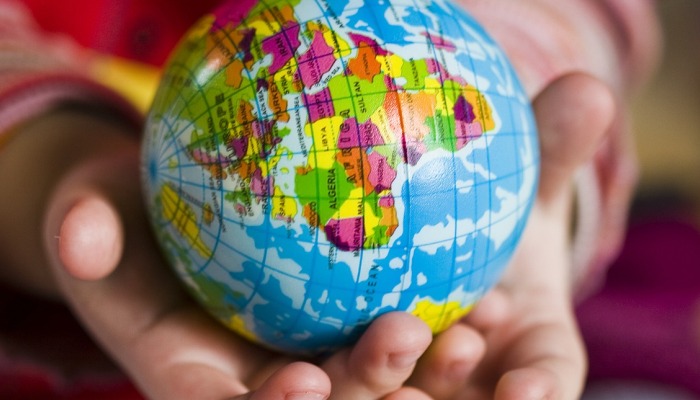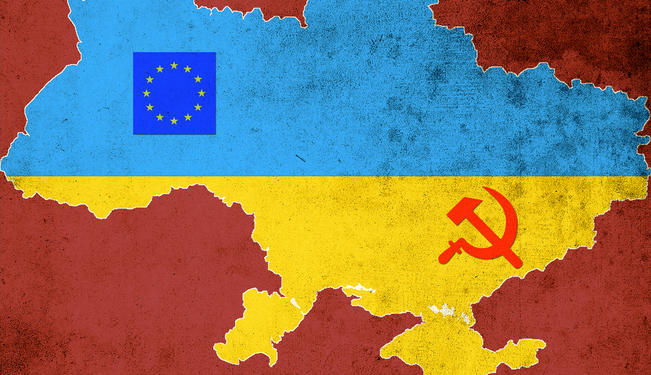GCC continues to Face New Security Challenges: Iran`s Threat

Democratic Arab Center
By: Prof.Dr Mohammed Issam Laaroussi
It’s obvious that the combination both of domestic and international factors have provoked radical changes in regional security system. It has been commented that Middle East has witnessed the implementation of new strategies, competition for hegemony and reconstructing alliances, particularly in the sub- regions: The Gulf and North Africa. Furthermore, terrorism and proxy wars are the most significant threat in the current regional security system. The security landscape for the region must start by identifying the threats and challenges to the existing security mechanisms. We must first ask what these new and evolving threats are. We may want to start by observing that the current structure is too state-centric and that threats defined by global actors often do not reflect local actors’ sensitivities and threat perceptions. We may consequently distinguish local, regional and global worries from one another.
Based on current conflict’s in the region, regional actors perceptions toward the Iranian threat seems to be different from the Western one. We cannot ignore the Iranian military involvement in Syria and Yemen and its prominent role, backed by Russian air forces, to keep the balance of power in Syria`s civilian war in favor of Asaad’s regime. As the ‘Global War on Terror’ showed us, global threats ignore regional interests and threat perceptions. This may also suggest that new security mechanism should be established after establishing whether it should rest on the state pillar. We can also see some changes that have already taken place on the ground, with boundaries starting to disappear or become meaningless in some areas. In some places, there is already an administrative structure on the ground, which should not be securitized either.
Arab Gulf countries are skeptical and standoffish in a sectarian struggle animated by Iran and are threatened by a potentially nuclear armed state, which would disrupt the regional balance of power. Iran inspired by the exportation of Shia’s doctrine, is challenging the regional security landscape, it’s the reason why Tehran seeks to exert its influence throughout the Middle East. For instance, Houthi`s Proxy war in Yemen underscores the high level of terror`s escalation threatening Saudi Arabia first and the whole region. The rebels have claimed responsibility for a short range ballistic missile attack against the Saudi capital, Riyadh. Most recently, the long-standing tension between Saudi Arabia, other Arab states and Iran has escalated again. We cannot neglect the Iranian role in transfer of arms to Hezbollah in Lebanon, Syria, and Iraq, and its support of Shiite influential or violent elements in Bahrain, Yemen, Saudi Arabia, Kuwait, etc. Also, the uncertain impact of nuclear agreement with P5+1 (JCPOA), and uncertain use of post-sanctions incomes. Steadily increasing missile forces, growing naval-air-missile capability to threaten or close the Gulf, continuing threats to Golf states. Arms race with GCC and other Arab states, and uncertain impact of Russia in transferring modern weapons like S-400. Uncertain balance of moderate and assertive forces in leadership.
During the last decade, the uncertainty has overshadowed Iran and GCC relationship. In line with GCC and Trump`s policy options, the nuclear agreement has no thoughtful outcomes in the region, showing the case, that Iran is still using force and military`s militias to empower regimechange in the region. The Obama administration seemed to be giving Iran a major leg up by promoting the nuclear deal with Tehran finishing many economic sanctions and releasing up to $150 billion in frozen assets. Next, the Trump administration promises to similarly zero start or radically modify that nuclear deal and condemned Iran in a way no other president ever has. However, it’s not clear where it goes next. Some kind of peace deal or cooperation agreement between the Saudis and the Iranians does not seem very likely.
The GCC states has had difficulties formulating a new, coordinated security strategy that would suit these changing dynamics. Sometimes they were too bogged down in old security concepts and threat perceptions to be able to address new ones, and other times they did not fully recognize the magnitude of the emerging threats. In some cases, GCC states had differing perceptions of specific threats. However, the majority of GCC states are concerned by the Iranian menace, but no specific military options has been prevailed till today.The resignation of the Saudi-allied Lebanese prime minister Saad al-Hariri, announced from Riyadh and blamed on Iran and Hezbollah, is seen by many as the first step in an unprecedented Saudi intervention in Lebanese politics, challenging Tehran’s powerful ally Hezbollah and its home country Lebanon to try to regain the upper hand.
Finally, the Western perception, except Trump`s rough position against Iranian nuclear deal, retain the pragmatic overview about the GCC security system. For instance, the EU’s foreign policyremains working for full implementation of the nuclear deal with Iran.But this stance undermines the EU and Arab countries’ interests in stability in the Middle East. Such stability will only be fostered by solving the major regional crises in which Iran is heavily involved—such as those in Syria and Iraq, including combating nuclear proliferation and fighting against states that sponsor terrorism. The Iranian terror escalation is clutching the misperception between the western and middle eastern stance towards Iran. If the EU rely on engagement to change Iran’s behavior, there is no reason to believe this strategy will be any more successful than past failed attempts.So, the United States and Europe have adopted different positions on Iran, but a divided West is not advantageous to conveying a clear message to Tehran. If Washington and Brussels progress with independent and conflicting strategies, the winner is likely to be Iran.




